Employability Skills qualification are designed to support an individual successfully gaining a job, progressing in a chosen filed, preparing the individual for further study and supporting the development of techniques required for successful independent living.
These qualifications are aimed at anyone who wants to live a more independent life, progress in education and/ or their employment prospects; get into a job, develop on the job or move onto the next job, as they progress along the career ladder.
The qualifications have been designed in collaboration with a range of experts from various industry sections, training providers and employment and recruitment professionals to ensure the content matches what is needed and valued by today’s employment market, also meeting the needs for study programmes, traineeship and more.
WHO IS THIS COURSE FOR?
This qualification is aimed at anyone who wants to live a more independent life, progress in education and/or their employment prospects; get into a job, develop on the job or move onto the next job, as they progress along the career ladder.
COURSE LENGTH
30 Days
BATHE Level 2 Certificate in Employability Skills qualification totals 150 Notional Learning Hours (NLH).
Learners must achieve all units that provide a combined total value of 15 credit to achieve the qualification.
COURSE PREREQUISITES
Pass English Level Test with a minimum of score (B2 CEFR level knowledge), (B2 59-66 GSE).
COURSE CONTENT
| Unit 426 Contributing to a team | LO1 – Be able to give reasons why effective teamwork is important LO2 – Understand how team values and procedures can vary LO3 – Understand the roles people may take in a teamwork situation LO4 – Understand what needs to be done to achieve a team goal LO5 – Be able to work with others towards with others towards achieving shared objectives in a well-defined situation LO6 – Be aware of own contribution to team progress |
| Unit 449 Understanding Conflict at work | LO1 – Understand the cause and effect of conflict in the place of work LO2 – Recognise types of behavior that are unacceptable in a work situation LO3 – Understand how conflict in a work situation can be prevented |
| Unit 502 Attitudes for learning and work | LO1 – Demonstrate a range of positive qualities, attitudes and behavior for learning and work LO2 – Understand why effective communication is important LO3 – Work effectively |
| Unit 504 Communicating with others in the workplace | LO1 – Define the meaning of communication LO2 – Understand the difference between formal and informal communication LO3 – Know the most appropriate methods of communicating in the workplace |
| Unit 506 Applying for a job | LO1 – Understand the different ways of applying for jobs LO2 – Be able to produce targeted Curriculum Vitae LO3 – Be able to write a covering letter LO4 – Be able to complete job applications |
| Unit 510 Introduction to leadership | LO1 – Understand the main styles of leadership |
| Unit 517 Managing time in the workplace | LO1 – Understand the importance of time management LO2 – Understand the techniques that can be used to manage time LO3 – Be able to use time management techniques |
| Unit 519 Dealing with challenges | LO1 – Understand differenttypes of challenge LO2 – Understand how to cope with challenges LO3 – Respond positively to challenges |
















